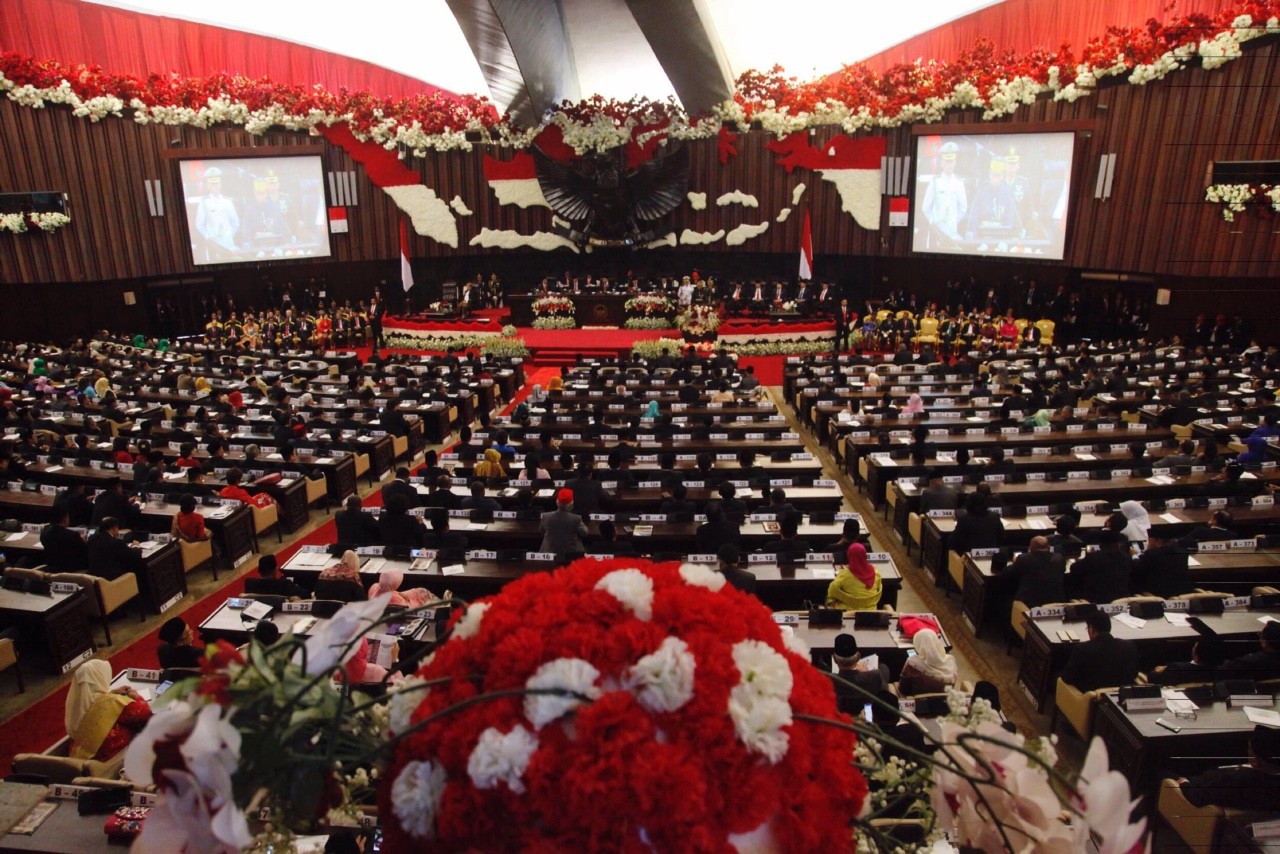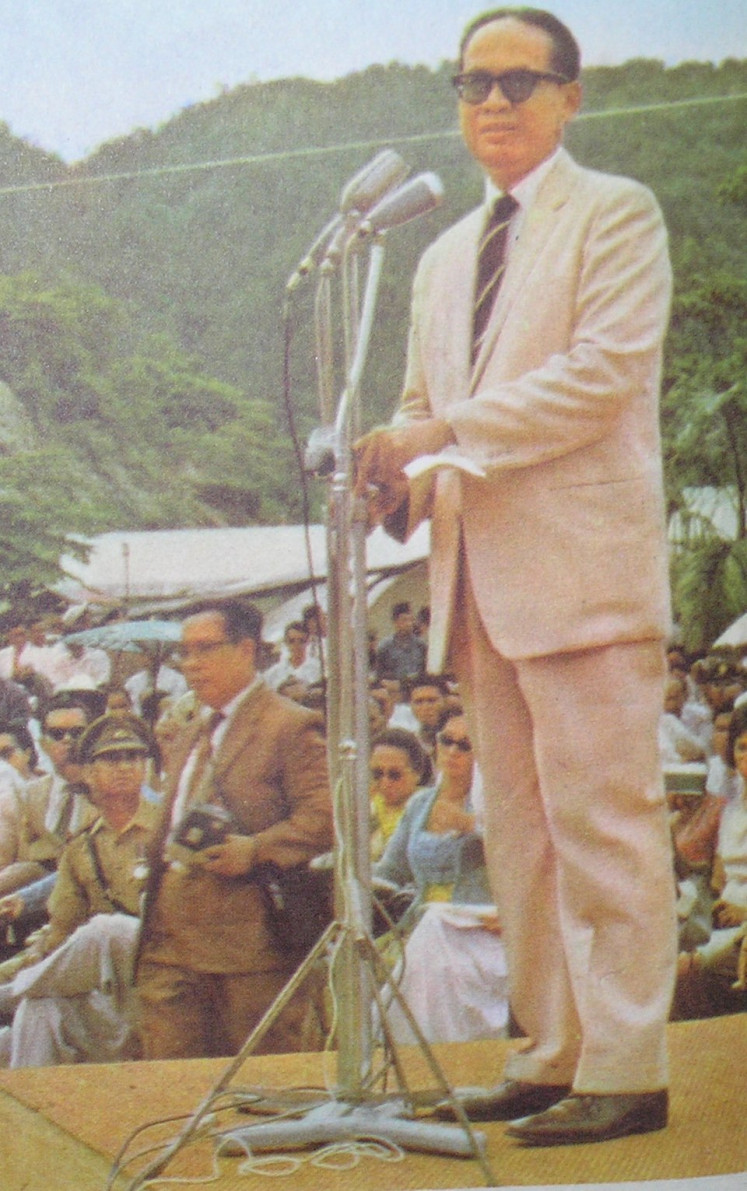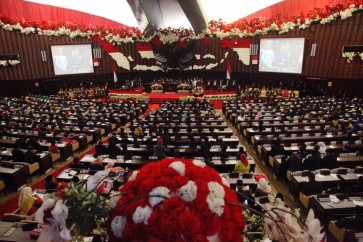Popular Reads
Top Results
Can't find what you're looking for?
View all search resultsPopular Reads
Top Results
Can't find what you're looking for?
View all search resultsJokowi's vague ASEAN policy
A bold, constructive, and inclusive foreign policy by Indonesia is very much needed.
Change text size
Gift Premium Articles
to Anyone
O
n the eve of Indonesia’s 72nd Independence Day, President Joko “Jokowi” Widodo delivered his annual State of the Nation Address before the House of Representatives and the Regional Representatives Council.
The President’s speech made it clear that when it comes to Jakarta’s relations with its neighbors, the ASEAN region and the wider international community, foreign policy has never ranked lower than it does now in the government’s priorities. Make no mistake; the President’s state address should worry all those concerned about Indonesia’s role in the international community. While foreign affairs have always received small mention in previous state addresses, the omission of key issues was surprising.
Gone was the commitment to ASEAN as “a”/“the” cornerstone of Indonesia’s foreign policy, though ASEAN had just celebrated its 50th anniversary. Indeed, the President had just attended an event the week before at the ASEAN Secretariat to mark the special occasion, declaring: “Together with ASEAN, Indonesia progresses. Together with Indonesia, ASEAN is strong.”
During the state address, however, the regional organization was mentioned only in the context of Jakarta’s support for the Palestinian cause, with Jokowi stating, “We also continue to encourage ASEAN and the United Nations to support the independence of Palestine.”
ASEAN observers will likely see this as a missed opportunity to raise awareness about the regional organization and its ambitious ASEAN Community initiative among the Indonesian public, but as well to reassure our neighbors of Jakarta’s continued desire to play a leadership role in Southeast Asia.
Admittedly, Indonesia’s efforts in Myanmar’s Rakhine State did merit special mention in the state address. The President noted that Indonesia had accommodated over 1,800 refugees from the conflict, sent humanitarian aid and built a number of schools in Myanmar. However, in many cases these were the efforts of civil society groups rather than the government. It is also questionable as to what extent are Indonesian efforts known in Myanmar.
Missing, too, was any reassertion of Jakarta’s sovereignty over the waters surrounding the Natuna islands, although the Coordinating Ministry for Maritime Affairs had announced only a few weeks ago the renaming of those waters as the North Natuna Sea. Beijing predictably dismissed Indonesia’s move and attempted to downplay any significance to it. By not including it in his state address, the President has arguably played into China’s hand, allowing officials in Beijing to continue to ignore the significance of the renaming.


















